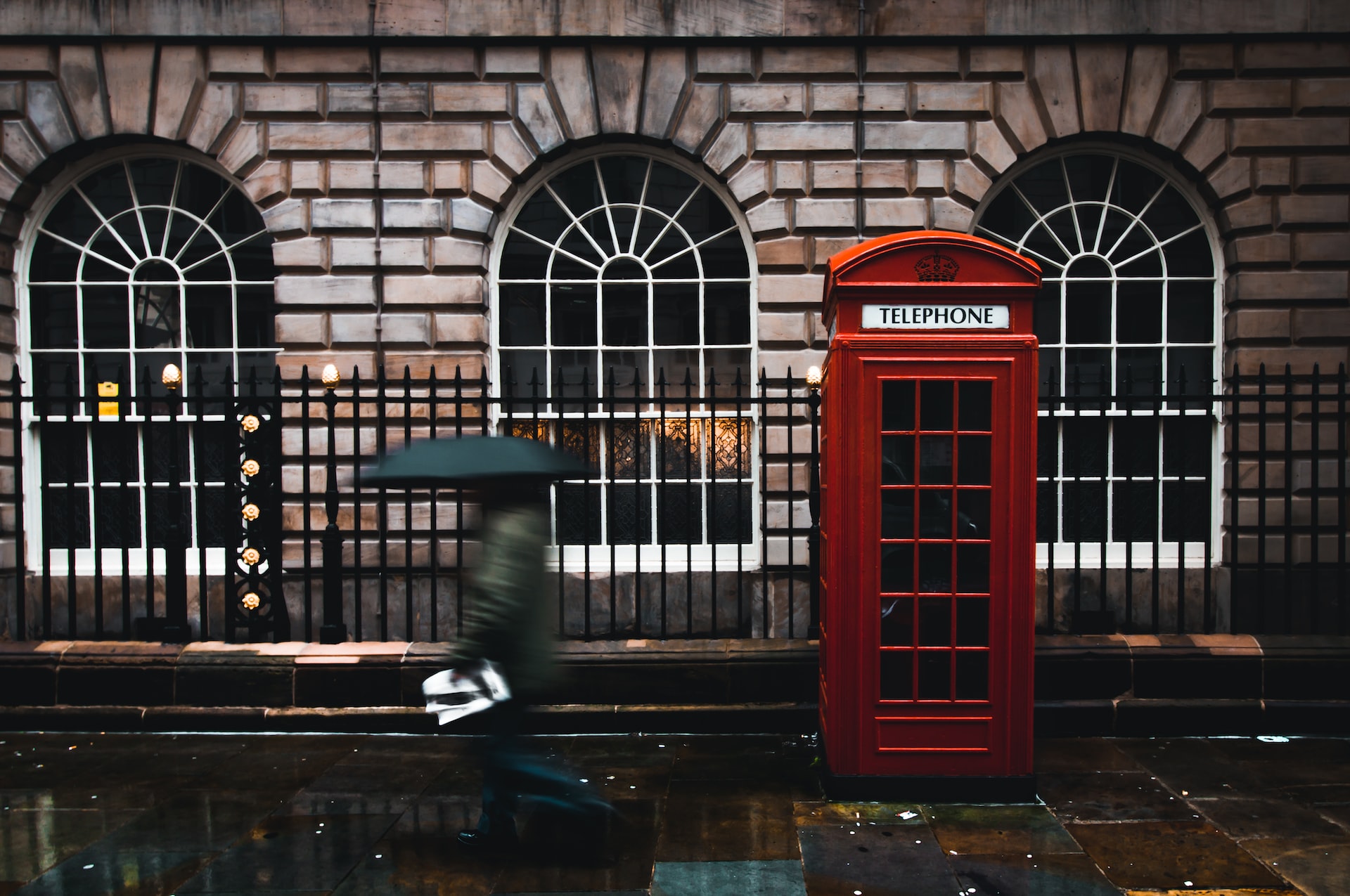Liverpool weather is a topic of interest for many, as the city is known for its often-changing and unpredictable weather patterns. The city, located in northwest England, experiences a maritime climate which brings cool summers and mild winters. The weather in Liverpool can vary greatly from day to day and even hour to hour, so it’s important for visitors to be prepared for a range of conditions.
The city is known for its frequent rainfall, with an average of around 23 inches per year. This rainfall is spread fairly evenly throughout the year, with the wettest months being October and November. However, even in the driest months of June and July, it’s not uncommon to experience a few rainy days.
In addition to the rainfall, Liverpool also experiences a fair amount of wind. The city is located on the coast, and the winds can be quite strong, especially in the winter months. This can make it feel much colder than the actual temperature, so it’s important to dress in layers and bring a jacket or coat.
Temperature-wise, Liverpool’s summer temperatures are generally mild, with an average high of around 18°C (64°F) and an average low of around 12°C (54°F). Winter temperatures are also mild, with an average high of around 8°C (46°F) and an average low of around 3°C (37°F). However, it’s important to note that these are just averages, and temperatures can and do fluctuate greatly throughout the year.
| Month | Low (°C) | High (°C) | Low (°F) | High (°F) | Rain (%) |
|---|---|---|---|---|---|
| January | 3 | 8 | 37 | 46 | 80 |
| February | 3 | 8 | 37 | 46 | 75 |
| March | 4 | 9 | 39 | 48 | 70 |
| April | 5 | 11 | 41 | 52 | 65 |
| May | 7 | 14 | 45 | 57 | 60 |
| June | 9 | 17 | 48 | 63 | 55 |
| July | 11 | 19 | 52 | 66 | 50 |
| August | 11 | 18 | 52 | 64 | 55 |
| September | 9 | 16 | 48 | 61 | 60 |
| October | 7 | 13 | 45 | 55 | 65 |
| November | 5 | 10 | 41 | 50 | 70 |
| December | 3 | 8 | 37 | 46 | 75 |
When it comes to the best time to visit Liverpool, it ultimately comes down to personal preference. If you prefer milder temperatures and less rainfall, the summer months of June, July and August may be the best option for you. However, it’s important to keep in mind that even during these months, it’s not uncommon to experience a few rainy days.
On the other hand, if you don’t mind a bit of rain and cooler temperatures, the spring and fall months of April, May, September and October may be a great option. These months offer a more authentic experience of Liverpool’s weather, and you’ll also be able to avoid the crowds of tourists that come during the summer months.
Another factor to consider is the events and festivals that take place in Liverpool throughout the year. The city is home to a number of festivals and events, such as the Liverpool International Music Festival in August, the Liverpool Food and Drink Festival in September and the Liverpool LightNight in May. If you’re interested in attending one of these events, it’s best to plan your trip around the festival’s dates.
Another consideration is the Liverpool Football team schedule and the Liverpool F.C match days. If you’re a fan and you want to experience the match day, you should plan your trip around it.
It’s also worth noting that Liverpool’s weather can be unpredictable, so it’s important to be prepared for a range of conditions, no matter what time of year you visit. Even in the summer months, it’s not uncommon to experience a bit of rain, so be sure to pack an umbrella or rain jacket.
In conclusion, Liverpool weather can be difficult to predict and often changeable, but it’s this unpredictability that makes the city so unique and interesting. Whether you choose to visit in the summer or fall, spring or winter, there’s always something to see and do in Liverpool. With a mix of mild temperatures, frequent rainfall, and a variety of events and festivals, Liverpool is a great destination for visitors all year round.



